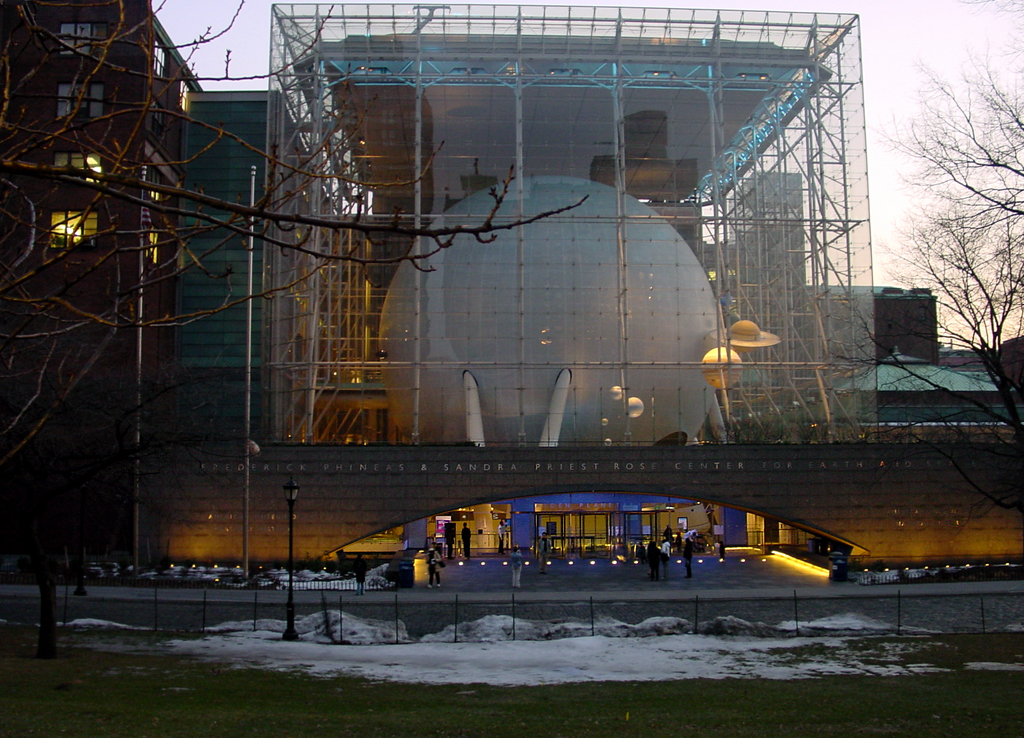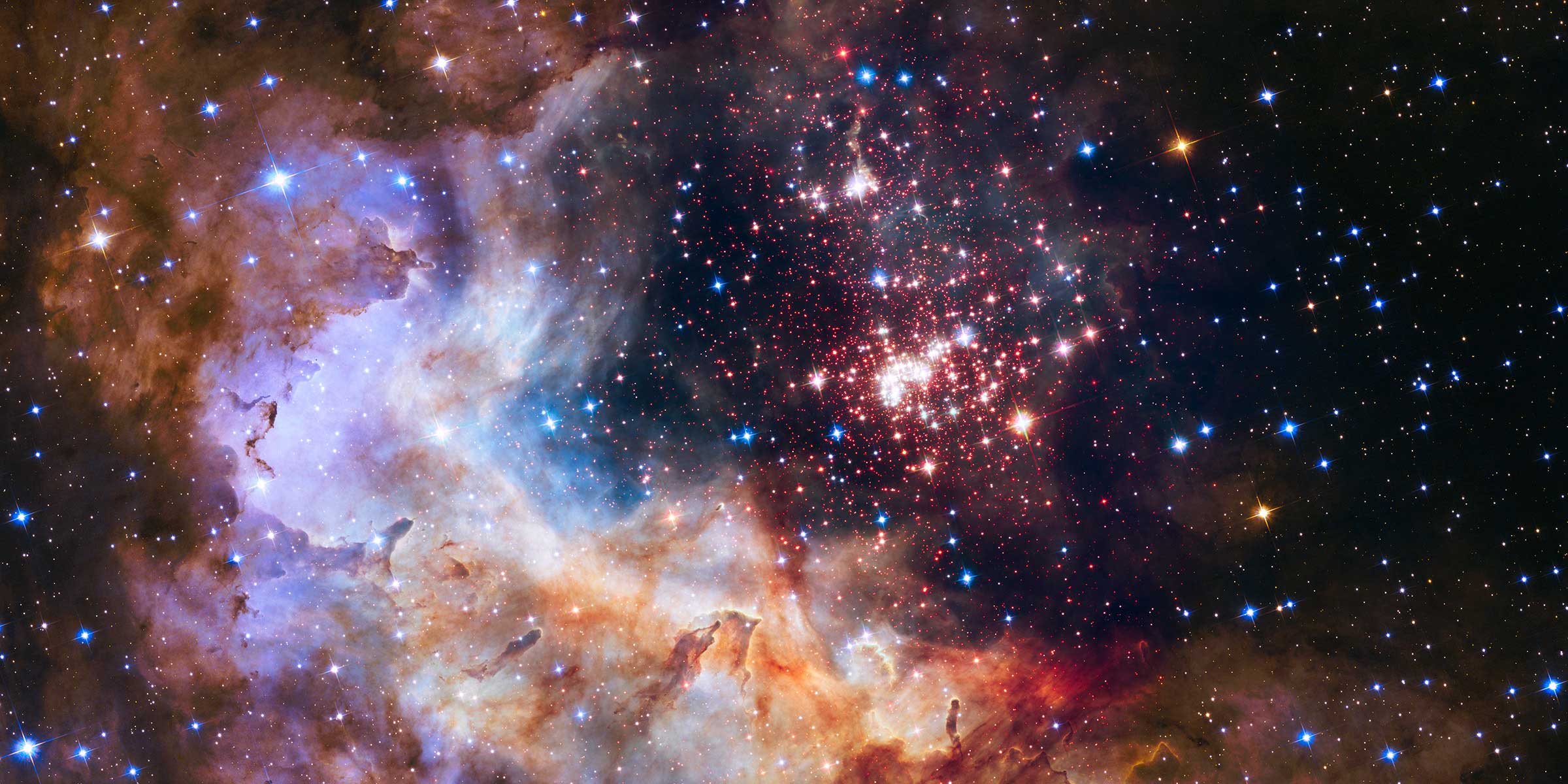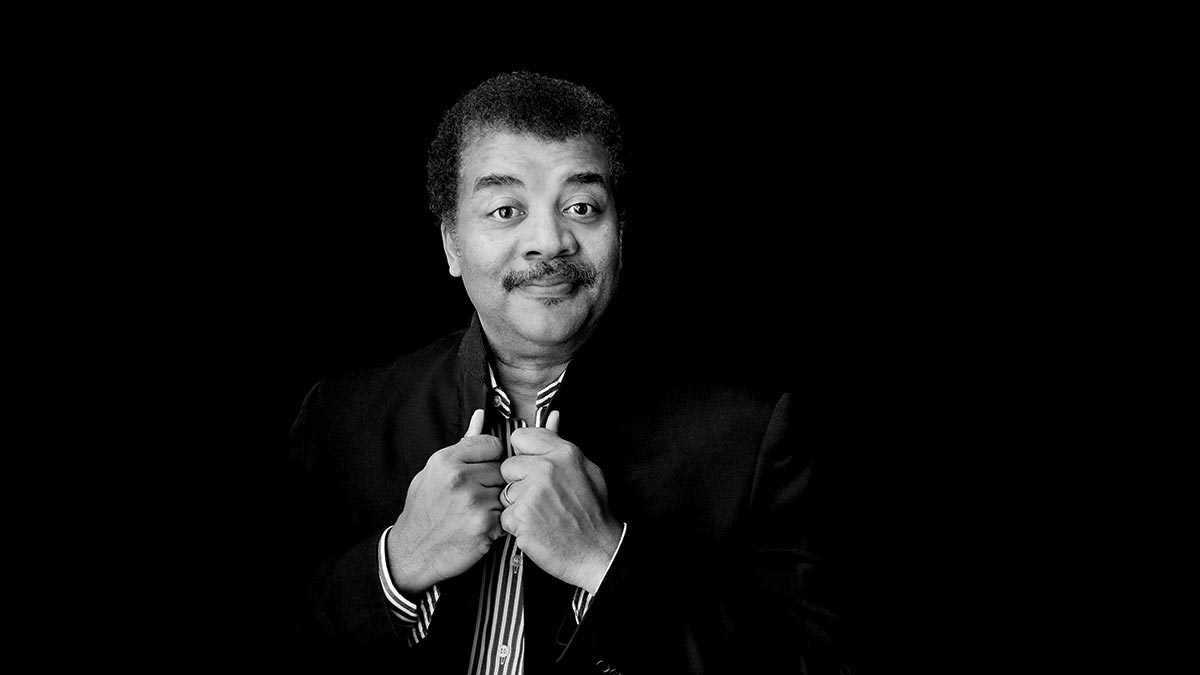The Start of Everything
StarTalk: What makes the study of origins so hot right now?
Tyson: Well, one thing that distinguishes us today from the discoveries of the past is the extent to which the exploration of the universe has become multidisciplinary. It was unthinkable not long ago that a biologist or paleontologist would be at the same conference as an astrophysicist. Now we have accumulated so much data in each of these branches of science as it relates to origins that we have learned that no one discipline can answer questions of origins alone. It requires the additional insights that one gets by merging not only the questions, but the answers, among scientific disciplines.
Now, for example, when you look for life on Mars, you need the astrophysicist to characterize the environment in which the planet is found. You need the chemist to understand the chemistry of the soils. You need the geologist to understand the rock formations. You need the biologist, because no one else will know what life will look like. You might even need a paleontologist to look for life that doesn't exist there today but might have left fossil remains.
It's hard to imagine scientists in such diverse disciplines working well together. Do they?
Initially it was like a shotgun wedding, where you'd say, "Well, I guess we have to talk to each other." And scientists in different disciplines don't speak the same language. They publish in different journals. It's like the United Nations: you come together, but no one speaks the same language, so you need some translators.
“The moons of the solar system may be more interesting than the planets themselves.”
But in the end, what happens is that new fields of astrobiology and astrogeology and astroparticle physics arise, and they begin to develop their own language that represents the intersection of the two—say, between astrobiology and biology. That's when you know you've created a new subdiscipline, or even a brand-new discipline.
What are some of the most exciting recent discoveries in origins science?
I would say one, we nailed the age of the universe. Two, we have measured the existence of dark matter and dark energy. Even though we don't yet know what they're made of, we know we can measure the effects they have on the origin and evolution of the universe. Another is the discovery that the moons of the solar system may be more interesting than the planets themselves.
How So?
It's contrary to our earliest expectations. We used to think, Our moon is dry and barren, so why should we believe anybody else's moon is interesting? But if you look at the moons of Jupiter, for example, you find that one of them, Europa, is covered with ice, and below the ice is an ocean of water that is maintained in the liquid state by energy pumped into it from its orbit around Jupiter. Where there's water on Earth, you find life as we know it. So if you find water somewhere else, it becomes a remarkable draw to look closer to see if life of any kind is there, even if it's bacterial, which would be extraordinary for the field of biology.

Rose Center for Earth and Space, New York, in February 2004
The Sky is not the Limit
Having gone to the Hayden Planetarium as a boy, what's it like to be its director now? A dream come true?
No, I never dreamed that I'd be director of the Planetarium. But now that I am, one of my greatest privileges is signing the certificates of completion for classes taken by youths and adults. I received these same certificates, signed by the head of the Planetarium, when I was a kid taking classes. I see it as a real honor and privilege and duty to serve others in their ambition to become scientists the way scientists and educators served my interest when I was young. To the extent to which it fulfills that goal, my role in the Planetarium creates for me a significantly more magnified pleasure in holding the position.
What advice would you have for a budding astrophysicist?
It depends on their age. If they're really young, I'd say the parents just need to get out of the way! So often parents will interfere with the curiosity of their kids without even knowing they're doing it. They'll interfere under the guise that the child is misbehaving, when if you look carefully at the behavior of children, in almost all cases it's exploratory.
“It’s a very unnatural habit to understand what a billion years is.”
If they're a little older, I'd say take full advantage of the cultural resources that your municipality has to offer. Usually it's free, or if it's not free, it's relatively cheap. My parents didn't know much science; in fact, they didn't know science at all. But they could recognize a science book when they saw it, and they spent a lot of time at bookstores, combing the remainder tables for science books to buy for me. I had one of the biggest libraries of any kid in school, built on books that cost 50 cents or a dollar.

Hubblesite
Cosmological Questions
What are you working on now in your work as an astrophysicist?
Right now I'm part of a major collaboration to look at data from the Hubble telescope. It's a patch of sky that's being imaged to very, very deep sensitivity levels to try to get the limit of all galaxies in the universe. Once we resolve this, we're worried about how galaxies cluster, how they respond to their own mutual gravities, how they evolve over time.
Do you have high hopes for the James Webb Space Telescope, which is designed to study distant galaxies?
Absolutely. That telescope, although it's been billed as the follow-on to the Hubble Space Telescope, will not have the same image appeal. But it will be unprecedented in its ability to measure the formation of galaxies in the early universe, something the Hubble can't do. The Hubble telescope can measure them in different evolutionary states, but it can't see them actually forming. And that's a big gap in our current knowledge right now, how galaxies form. It doesn't have the sex appeal of the question What is the origin of life?, but it's no less important.
